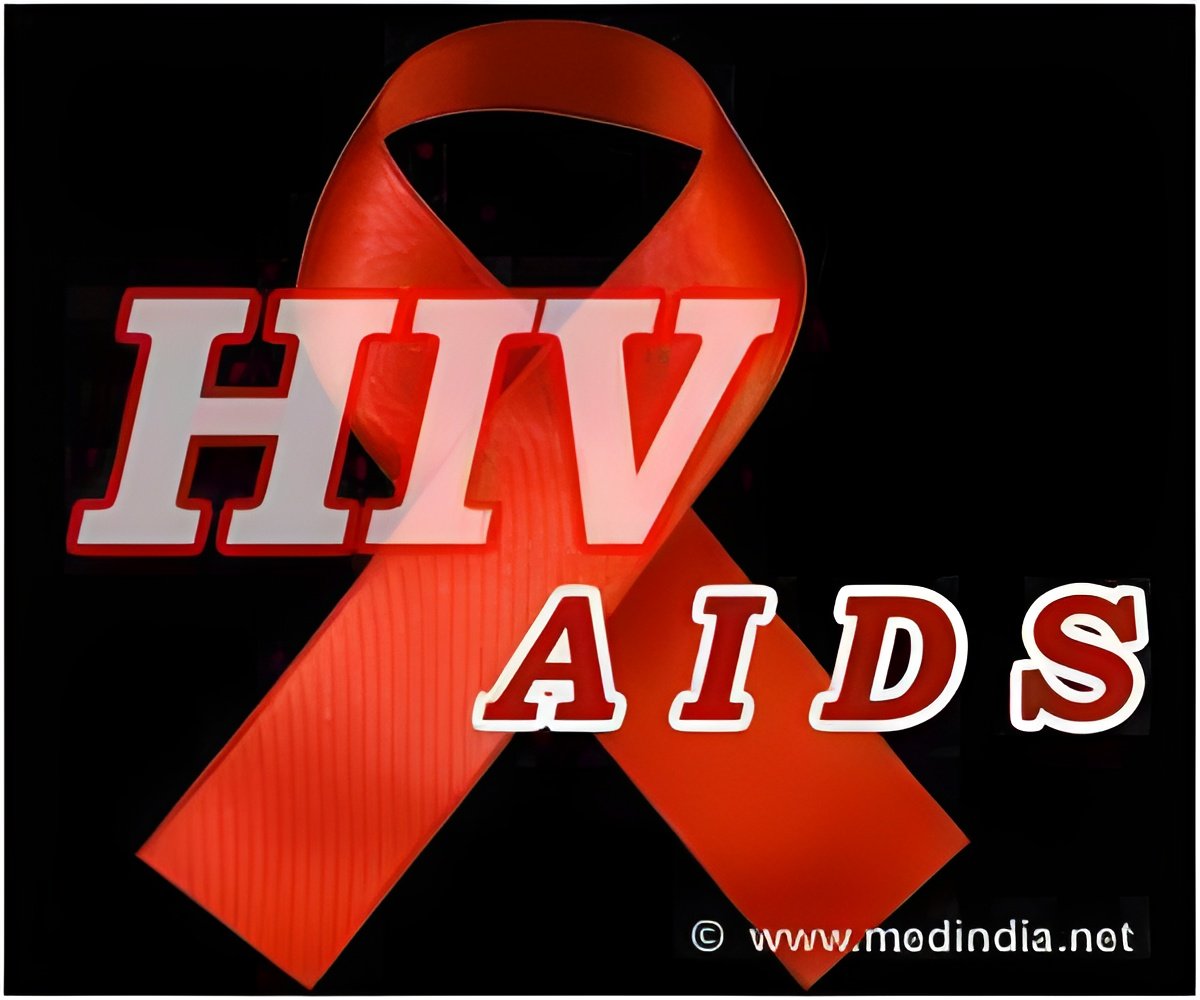Young men who have sex with men and have detectable levels of HIV were more likely to report not using a condom during anal intercourse.

‘More than half 55% of young men in the study, who have sex with men with detectable HIV, reported anal intercourse without a condom, while 44% of the young men with virologically suppressed HIV reported that behavior. This suggests the need for targeting substance use and mental health concerns - factors related to viral suppression and sexual risk taking.’





Dr. Wilson and colleagues examined differences in demographic and psychosocial factors between virologically suppressed young men who have sex with men and those with detectable HIV. The authors also sought to identify psychosocial factors associated with risky sexual behavior and between partners of differing HIV status among the young men who have sex with men with detectable HIV viral load. The researchers studied 991 young men who have sex with men with HIV between the ages of 15 and 26 years at 20 adolescent HIV clinics in the US from December 2009 through June 2012. Of the 991 participants, 69% had a detectable HIV viral load. Nearly half of the young men (46%) reported condomless anal intercourse in the past three months and 31% reported engaging in intercourse without a condom with partners of differing HIV status.
More than half (266 or 55%) of young men who have sex with men with detectable HIV reported anal intercourse without a condom, while 91 or 44% of the young men virologically suppressed reported that behavior. Likewise, 35% of the young men with detectable HIV reported condomless anal intercourse with a partner who was HIV-negative, while 25% of the virologically suppressed young men who have sex with men reported having condomless anal intercourse with partners of differing HIV status, the study reports.
Dr. Wilson suggests that among young men who have sex with men with detectable HIV, those who reported problematic substance use were more likely to report not using a condom during anal intercourse with or without partners of differing HIV status. Young men with detectable HIV who disclosed their HIV status to sex partners were more likely to report engaging in sexual risky behavior compared with the non-disclosing group of men.
Dr. Wilson said, "To truly curb HIV among this group, we cannot solely rely on one strategy. These findings speak to the need for targeting substance use and mental health concerns - factors related to viral suppression and sexual risk taking."
Source-Eurekalert















